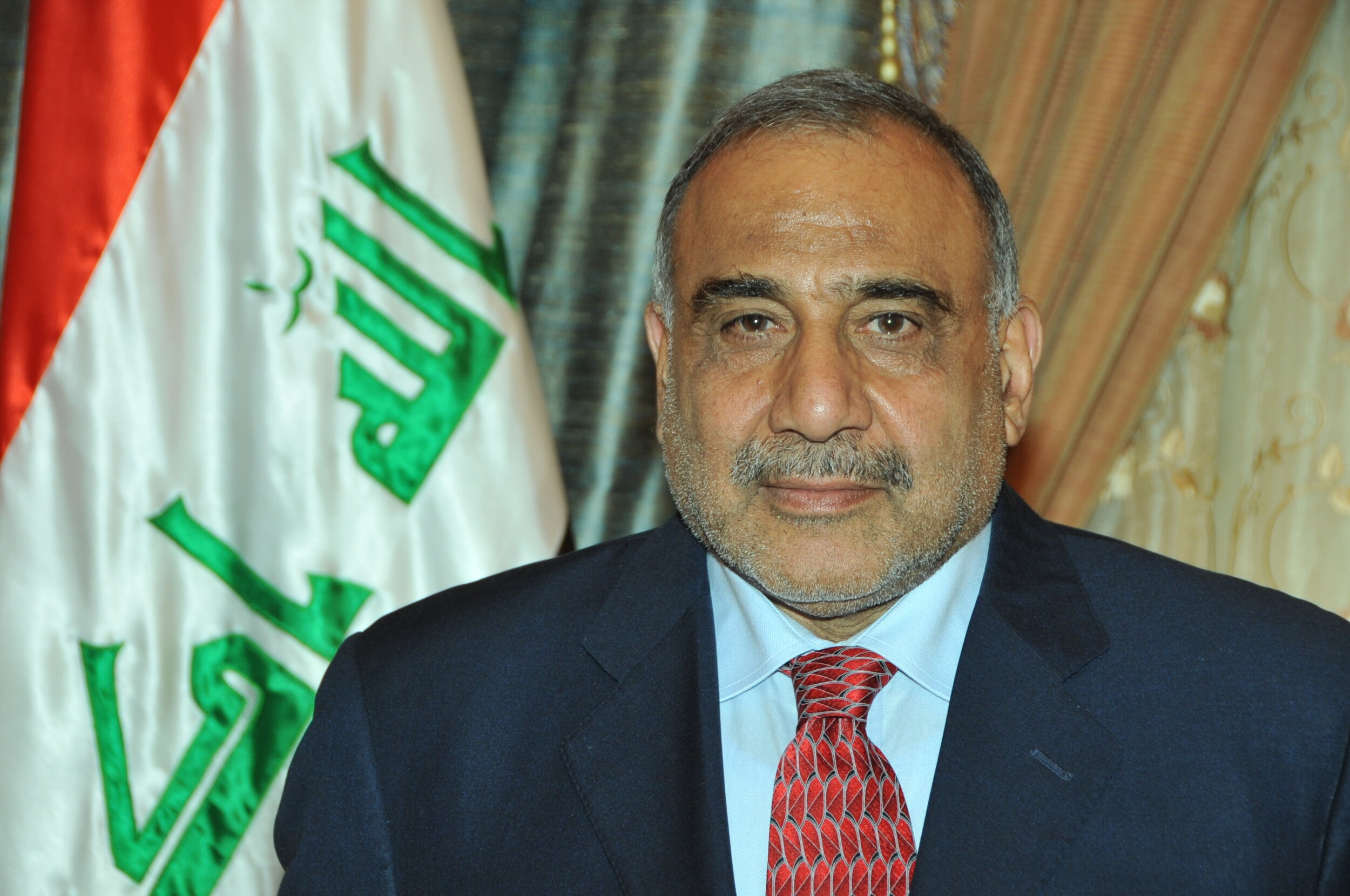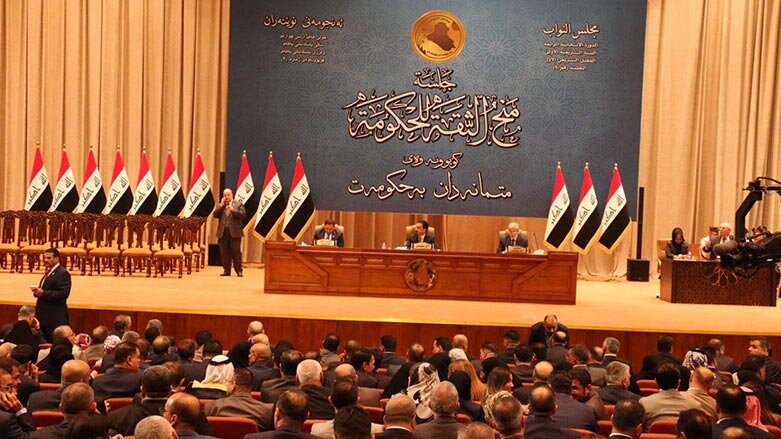Assistant Secretary of State for Near Eastern Affairs, David Schenker, released a special briefing last Monday detailing a trip he took to discuss Iran’s attacks against coalition forces in Iraq, referring to the missile strikes on American bases which recently were reported to have wounded about 11 American soldiers, mostly from concussions.
Yet over 15 years after the U.S. declared “mission accomplished” on Operation Iraqi Freedom, Mr. Schenker only visited Erbil, the capital of the semi-autonomous Kurdish region, hundreds of miles from Baghdad.
On January 6th, President Trump was quoted as saying that if Iraq even thought about submitting a formal request for the removal of American troops from the country, he would apply economic sanctions of such gravity as to make the Iranian sanctions look “rather tame”.
“We have a very extraordinarily expensive air base that’s there. It cost billions of dollars to build. We’re not leaving unless they pay us back for it,” he told reporters.

Stand-off
The US has an agreement with Iraq that allows the maintenance of several military bases in the war-ravaged Middle-Eastern country as part of the lingering night watch in the war against the Islamic State, another operation that has since been declared “accomplished”.
Iraq has seen several US invasions, the complete toppling of a governmental structure, repeated waves of Sunni insurgencies, and a decade of sanctions that led to the mass starvation of hundreds of thousands of children as reported by the UN.
Now however, the Iraqi parliament is seeing the tensions between Iran and the United States as threatening to reduce their national sovereignty once again as the old enemies seek ground to square off on that doesn’t include their own.
Grand Ayatollah Ali al-Sistani of Iraq, a figure of supremely powerful influence over the country and Iraqi parliament noted that “the latest dangerous aggressive acts, which are repeated violations of Iraqi sovereignty, are a part of the deteriorating situation”.
According to Daniel McAdams at the Ron Paul Institute, Iraqi Prime Minister Adel Abdul Mahdi asked the US State Department how Iraq should go about formalizing a request for the removal of U.S. troops from the country as part of their agreement.
Allegedly the State Department chose to withhold that information from Mahdi, and instead supported the President’s choice to threaten sanctions, as well as stating that any US delegation would not discuss the withdrawal of US troops as their presence in Iraq was “appropriate” according to Al Jazeera.
Sec. of Defense Mark Esper said much the same when he told reporters, “there has been no decision made to leave Iraq. Period”.
Iraq and a hard place
McAdams details the difficulties the Iraqi government has with this latest spike in US aggression towards Iran that came with the assassination of Iranian Maj. General Qassem Soleimani and Iraqi Commander Abu al-Muhandis.
Iraq has the strange and unenviable position of trying to be allies with both the United States and Iran, but found that the drone strike against Soleimani was absolutely in violation both of the Iraqi constitution which the US helped draft and the agreement that allowed for the retention of US bases in the country post-war on ISIL.
This violation could have been avoided if evidence of the alleged ‘imminent threat’ justification had been provided, but as was found in the resulting Senate briefing, Wednesday’s hearing of the House Committee on Foreign Relations, and in the words of Sec. of State Pompeo, it seems there’s no evidence whatsoever.
Afterwards Mahdi took the agreement to parliament, the very institution the United States helped create and legitimize, and which after the WMD myth was dispelled became one of the primary reasons for fighting a war in which over 15,000 Americans were killed. Within the chamber a vote to cancel the agreement allowing US forces to remain in the country resulted in a 170 – 0 victory.
Meanwhile, the vote was denounced as being evidence of Iranian influence in the Iraqi government.
After this, the State Department, according to McAdams, informed Madhi that if this resolution to expel foreign troops from the borders of Iraq is acted on, the United States will “steal” 90% of Iraq’s government budget which remarkably sits parked in the US Federal Reserve.
17 years after being freed and in protecting their national sovereignty, Iraq has been given two choices—utter compliance or hostilities. WaL
PICTURED ABOVE: The Iraqi parliament building convening to vote in new cabinet members in October of 2018. PC: Kurdistan24.



